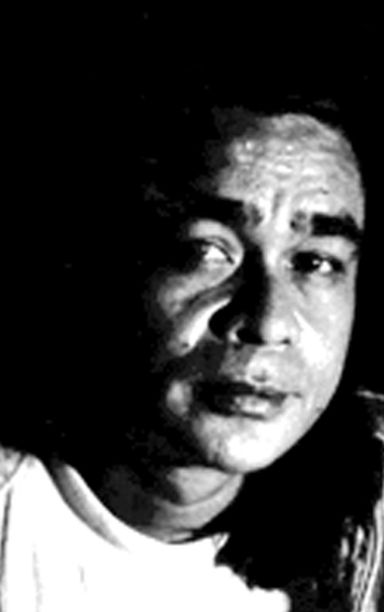
RAYMUND FERNANDEZ
Such a long time has passed since I read “The Social Contract” by Jean-Jacques Rousseau. I can hardly quote him directly now, other than by the internet summaries that are easily accessed.
We took him up in college ages ago.
But I still remember general principles from it.
Rousseau’s piece is still relevant as a discussion of concepts of freedom, government, sovereignty, and the common good.
“While each individual has a particular will that aims for his own best interest, the sovereign expresses the general will that aims for the common good.”
So goes The Social Contract.
But wait, there is difference between the “sovereign” and “government.”
This quote from Sparknotes.com: “The government is distinct from the sovereign, and the two are almost always in friction. This friction will ultimately destroy the state, but healthy states can last many centuries before they dissolve.”
Democratic principles abide by the idea that sovereignty lies with the people taken collectively.
They are the true sovereign.
Thus, they have the inherent right to take away legitimacy from governments to the same extent that they can take away a person’s personal freedom.
We are all personally “born free.”
But we sacrifice the absoluteness of that freedom for the collective good. We do this to establish the condition of order between us because only this condition of order can ensure the relative practice of our freedoms
This sacrifice of personal freedom in favor of the common good is at the heart of the social contract. But there are nuances involved. How “common good” is defined is always a fact arrived at by a political process.
I refer to “political” here as something more related to power than the usual ritual political processes of government such as voting and legislation. Laws are crafted by the ritual processes of government but these ritual processes do not ensure the common good.
This is why the sovereign right to define the common good is a right ultimately reserved for and by the people themselves.
The American Constitution guarantees the right of its citizens to own guns to ensure the right of the people to revolt against any despotic government that may come to power.
It is stated simplistically because no revolution can occur other than in the language of simplicity.
Simplistic revolution is the ultimate answer to the complexity of authoritarianism.
Authoritarianism inevitably grows when special interests whether foreign governments or mobsters, economic or political entities, and movements, establish a strong hold over government.
They surreptitiously strengthen this hold by corrupting institutions that are there to keep government power in check, institutions like media, Congress, the Supreme Court, etc.
After they have done this, they can then perpetuate themselves indefinitely.
What should the sovereign do when faced with such a government? They can say: “The social contract is off. Now comes Revolution!”
Disclaimer: The comments uploaded on this site do not necessarily represent or reflect the views of management and owner of Cebudailynews. We reserve the right to exclude comments that we deem to be inconsistent with our editorial standards.
